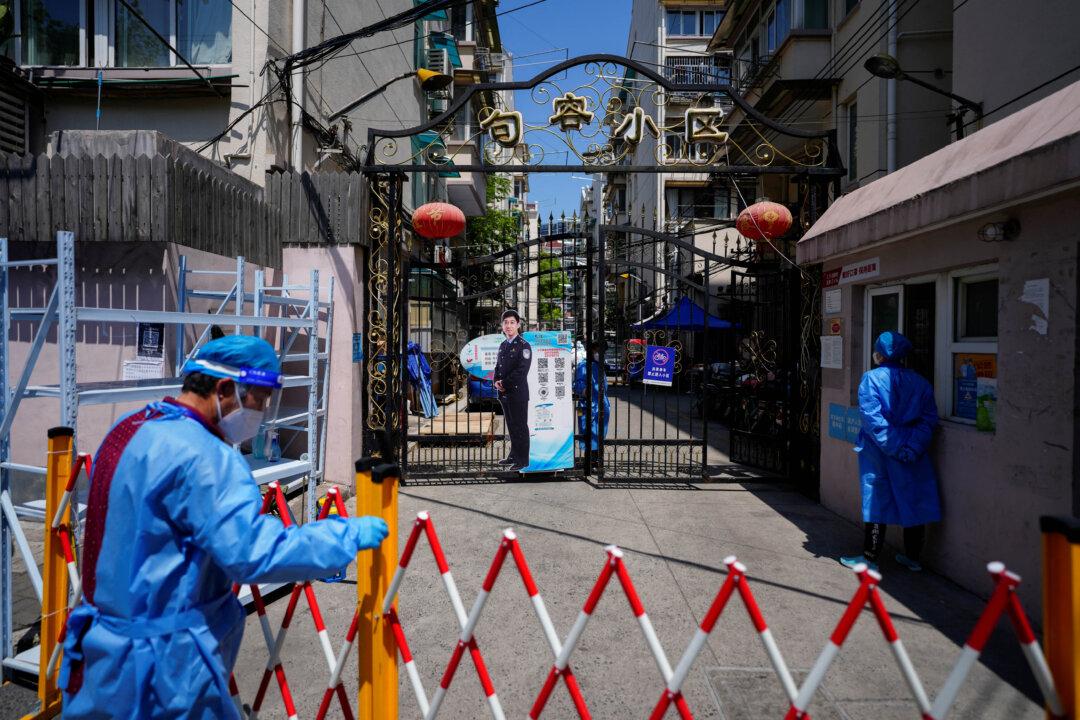Commentary
There is some hope that protests over heavy-handed lockdowns might spark a revolution, but there is mixed evidence that Shanghai lockdown protests will be that spark.

There is some hope that protests over heavy-handed lockdowns might spark a revolution, but there is mixed evidence that Shanghai lockdown protests will be that spark.